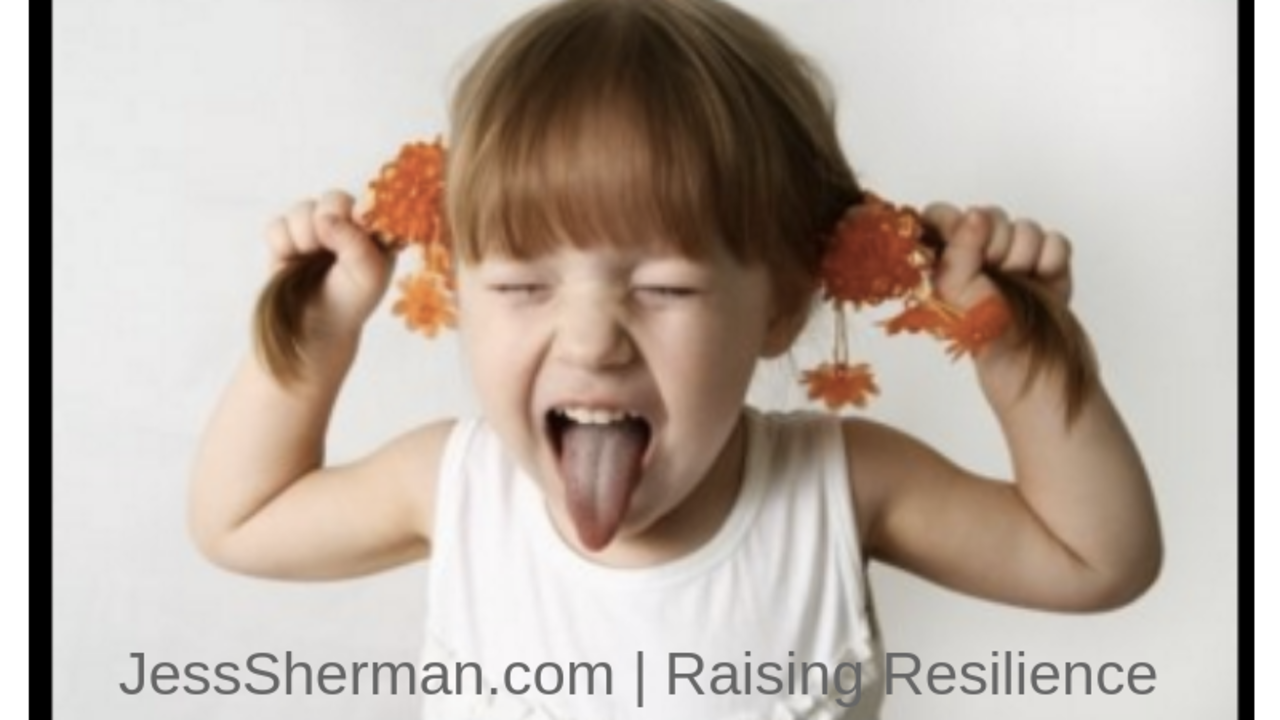Nutritional Approach To ADHD... where do you start?

There is little doubt at this point that good nutrition is critical to brain health. But can nutritional support reverse ADHD symptoms?
Yes, it can help.
Let me lay this out for you...
Better Nutrition Leads To Better Mental Health & Brain Function
In 2015 an international collaboration of academics published a consensus position statement in The Lancet. They urged the medical community to see that:
"diet is as important to psychiatry as it is to cardiology, endocrinology and gastroenterology" (source).
They continued...
"Robust associations have been established between nutritional quality and mental health, with the bulk of this evidence indicating a protective effect of healthy diets on depressed mood, and the newest research supporting a detrimental impact of unhealthy diets on the mental health of young people and adults."
Indeed.
Here's some of the research on the impact of nutrition on the brain:
- Nutritional intake in childhood has been shown to impact mental health, depression, and anxiety later in life (source);
- Depression has been lifted by shifting diet (source);
- Some cases of serious psychiatric illness like bipolar and schizophrenia have been treated with medically supervised high-dose nutritional supplements and other diet changes (source and source).
- Nutritional Medicine in mainstream psychiatry (source)
And that's just a sliver of what we know to give you a taste.
What About Nutrition And ADHD?
When it comes to studies on ADHD, the impact of nutrition seems a bit confusing.
While in some cases ADHD symptoms have resolved when deficiencies are corrected (source) some kids experience no difference when taking supplements.
Confusing.
Here's what I think... I think it's a mistake to think about nutritional supplements as a stand-alone treatment for ADHD. This is how they're often discussed in research trials.... hens the conflicting results.
There's more to good nutrition than supplements and there's more to ADHD than nutrition. But it's also a mistake to throw nutrition out the window in the face of conflicting study results.
We Need A New Approach To ADHD
1 in 5 kids are struggling in school. The rate of suicide is now at an average of 11 suicides per day (yes you read that right!).
Given the connection between ADHD, anxiety, depression, and other mental health issues (source and source) plus new reports that there might be unintended consequences from giving psych meds to kids, we can no longer brush aside good nutrition as a way to help our struggling kids feel better.
Nutrients drive every single one of our biological functions. They're a non-negotiable if you want resilient mental and physical health and function.
If you think of the body as a business, nutrients are the workers; if they don't come to work things don't get done.
One Example Of How Nutrients Can Help ADHD
A study from 2011 showed that when 30mg of zinc was added alongside stimulant medication the dosage of meds was able to be reduced by 37% (source).
This is great news since Health Canada recently issued stronger warnings about the risks of suicide associated with stimulant drugs used for ADHD (source).
Why can zinc help? Well, the study didn't ask that question but since Zinc is involved in the creation of dopamine which is the same neurotransmitter many stimulant meds are trying to address, it's not surprising that the two can work hand-in-hand.
Zinc is also involved in the creation of most of the digestive enzymes we need to extract usable nutrients from our food. So zinc deficiency can lead your child into a vicious cycle of nutritional deficiency worsening mood, behavior, motivation, energy, and focus.
We also have studies to show us that deficiencies in vitamin D and essential fatty acids are common in kids with ADHD. Again, not terribly surprising since we know that both those nutrients help to bring down inflammation, and kids with ADHD tend to have higher inflammation markers (source).
But Let's Get Practical.... How do you start using a nutritional approach to ADHD?
When your beautiful child whom you love with a force that is unimaginable is hyper, inattentive, combative, frustrated, hitting kids at school, and struggling to succeed, it can be hard to know where to start to help them.
Here's my advice. Start by developing a perspective of nourishment...
- Your child needs premium fuel and lots of it. The place to start is not by taking all kinds of things out of the diet... it's to focus your energy on getting the cleanest, best, whole food nutrition into them you can.
- From there you can use supplements to fill the gaps. Omega 3 fatty acids, vitamin D, and zinc could be places to start, though we should talk it over so you get the right doses.
- Consider food allergies and other forms of irritation as well. There's no question in my mind that they can also play a role in ADHD. But starting with food restriction is likely to end in frustration. Instead, start with nourishment.
Good nutrition will support all the other therapies you may be using to help your kids. The IEPs, ABA, medication, vision therapy, occupational therapy... at the foundation of it all is a well-nourished body that has the energy and building blocks to do what you're asking of it.
------------
Related posts
Shifting kids from Stressed To Strength
Is ADHD A Methylation Problem?
Is ADHD Caused By Nutritional Deficiencies?






